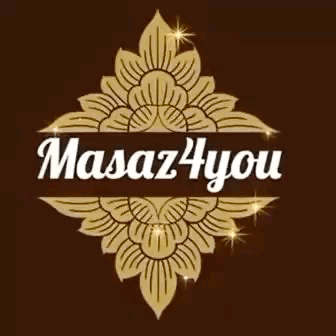5 fascinating tea rituals from around the world
- Ondřej Lenc

- Oct 12
- 2 min read

1. China: Gongfu Cha Tea Ceremony
Origin and history: Gongfu Cha has its roots in Chinese tradition and is associated with Buddhist monks who practiced meditation and ritual tea drinking.
Ritual:
Preparing the tea: Carefully measure the tea leaves, place them in a teapot and pour boiling water over them.
Pouring and Serving: The tea is gradually poured into small teacups and served to guests with grace and respect.
Symbolism and Meaning: Gongfu Cha emphasizes the art of attention and patience, with each cup of tea considered unique and treasured.
2. Japan: Chanoyu - The Art of the Tea Ceremony
Origin and History: Chanoyu, also known as the "Way of Tea", is deeply rooted in Japanese culture and encompasses many aspects such as art, philosophy and aesthetics.
Ritual:
Space preparation: The room is carefully prepared to create an atmosphere of calm and harmony.
Tea drinking: Guests drink the tea attentively and discuss its taste, aroma, and appearance.
Symbolism and meaning: Chanoyu is an experience that serves to deepen one's connection with nature, other people, and oneself.
3. Morocco: Atay Tea Ceremony
Origin and History: Atay, also known as Moroccan mint tea, is part of Moroccan culture and serves as a symbol of hospitality and social connection.
Ritual:
Tea preparation: Green tea is mixed with mint and a large amount of sugar and served in tall glasses.
Service and Drinking: Tea is served to guests with grace and respect, and drinking tea is a social event associated with conversation and sharing.
Symbolism and meaning: Atay is a symbol of hospitality and friendship and serves to strengthen relationships between people.
4. India: Masala Chai - An aromatic blend of spices and tea
Origin and History: Masala Chai is a popular Indian drink that combines tea with spices and milk.
Ritual:
Preparation of the drink: Black tea is brewed with spices such as cinnamon, cardamom, cloves, ginger and black pepper, while milk and sugar are added.
Serving and drinking: Masala Chai is served in glasses and drinking the tea is associated with relaxation and conversation.
Symbolism and meaning: For many people in India, Masala Chai is a symbol of home and comfort and is associated with a warm and friendly atmosphere.
5. Britain: Tea party with English scones
Origin and history: Tea parties are part of British tradition and serve to encourage social bonding.
Ritual:
Tea preparation: Black tea is brewed and served with milk and sugar, often accompanied by traditional English scones, butter and jam.
Conversation and relaxation: Guests enjoy tea and treats and chat about various topics.
Symbolism and meaning: Tea parties are a symbol of British culture and social connection and serve to strengthen relationships between people.




Comments